Xiaomi has provided an early look at HyperOS 3 via a recently released user survey, and the changes are striking. The new screenshot highlights a substantial overhaul of the user interface, signaling Xiaomi’s intent to position HyperOS as a premium, competitive platform. The design language takes clear inspiration from iOS, with core system elements—particularly icons and layouts—receiving a major update. This release underscores Xiaomi’s ongoing investment in refining its custom Android skin to better serve a global audience.
Key Interface Enhancements in HyperOS 3
The most prominent update is the redesigned icon set. These new icons closely mirror those found in iOS 18, offering a unified, visually sophisticated appearance that elevates the overall user experience. This shift reflects Xiaomi’s focus on aligning with industry-leading design standards and enhancing brand perception among premium users.
Another notable adjustment is the removal of the home screen search bar. By eliminating this element, Xiaomi achieves a cleaner and more streamlined home screen, placing greater emphasis on app icons and widgets. This minimalist approach is in line with broader trends in mobile UI design and should resonate well with users seeking simplicity and clarity.
Updated Battery Indicator and Glass UI Details
HyperOS 3 also introduces a redesigned battery indicator, now closely resembling the iPhone’s implementation. This update not only modernizes the visual presentation of battery status but also supports Xiaomi’s broader goal of delivering a familiar, user-friendly experience that appeals to iOS users considering a switch.
In addition, the new interface incorporates Glass UI-inspired effects, lending the system greater depth and visual polish. These enhancements collectively contribute to a more refined and premium look across all supported devices.
Wide Device Compatibility
Xiaomi is extending HyperOS 3 to an extensive range of devices, reinforcing its commitment to software support:
- 33 Xiaomi models
- 44 Redmi devices
- 19 POCO devices
This broad compatibility—spanning 96 devices in total—demonstrates Xiaomi’s dedication to serving a diverse customer base, from flagship owners to budget users.
Launch Timeline and Android Versions
Industry analysts expect Xiaomi to officially announce HyperOS 3 in October 2025. The update will be built on both Android 15 and Android 16, depending on device capabilities and rollout schedules.

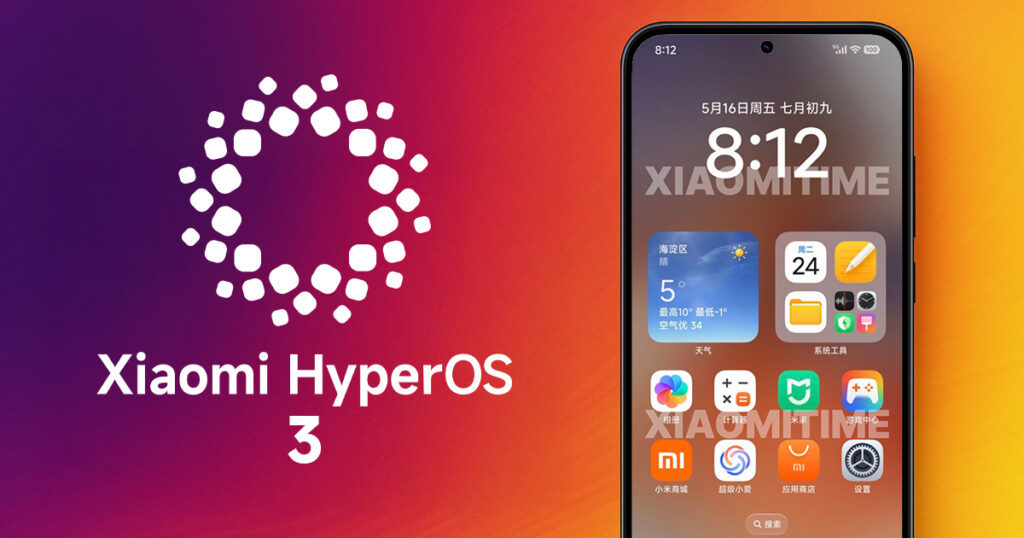
 Emir Bardakçı
Emir Bardakçı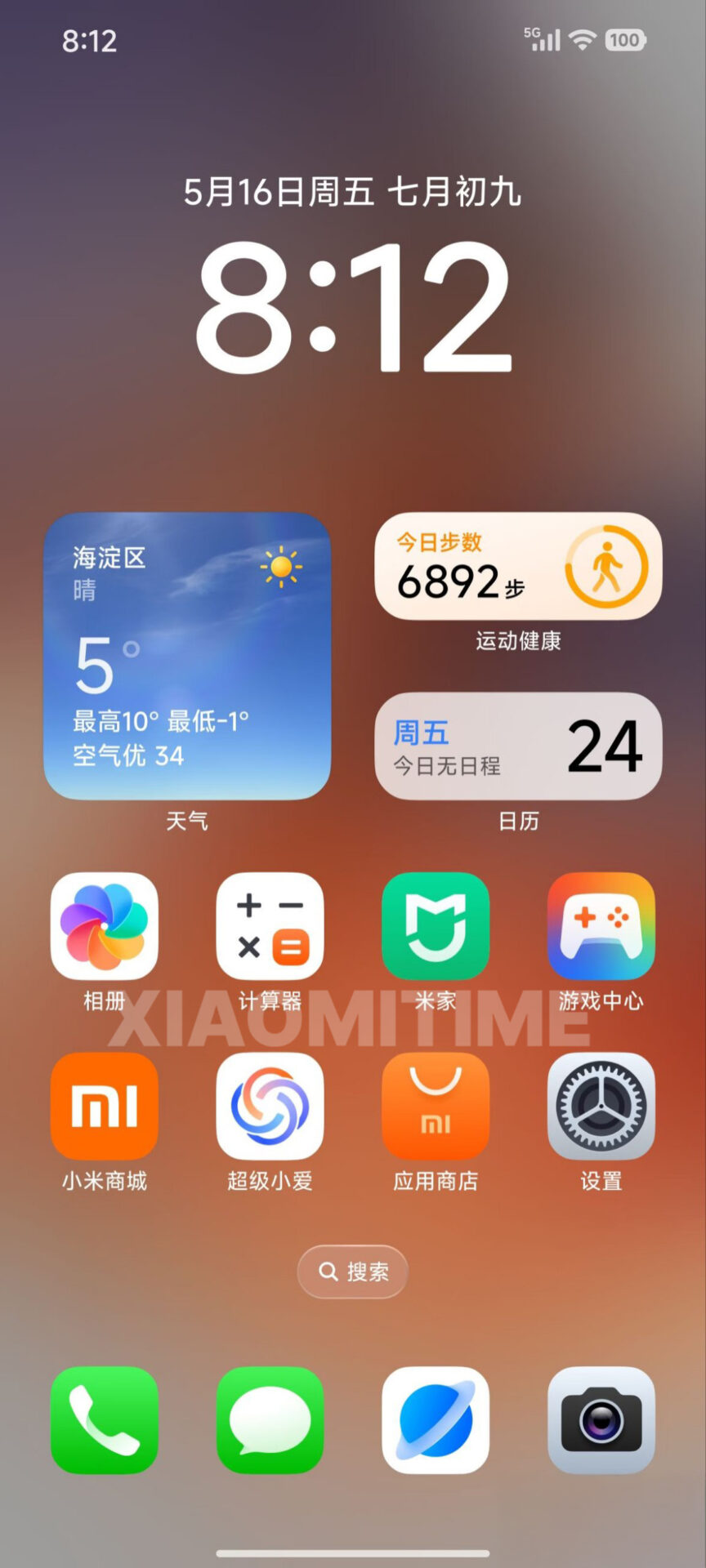
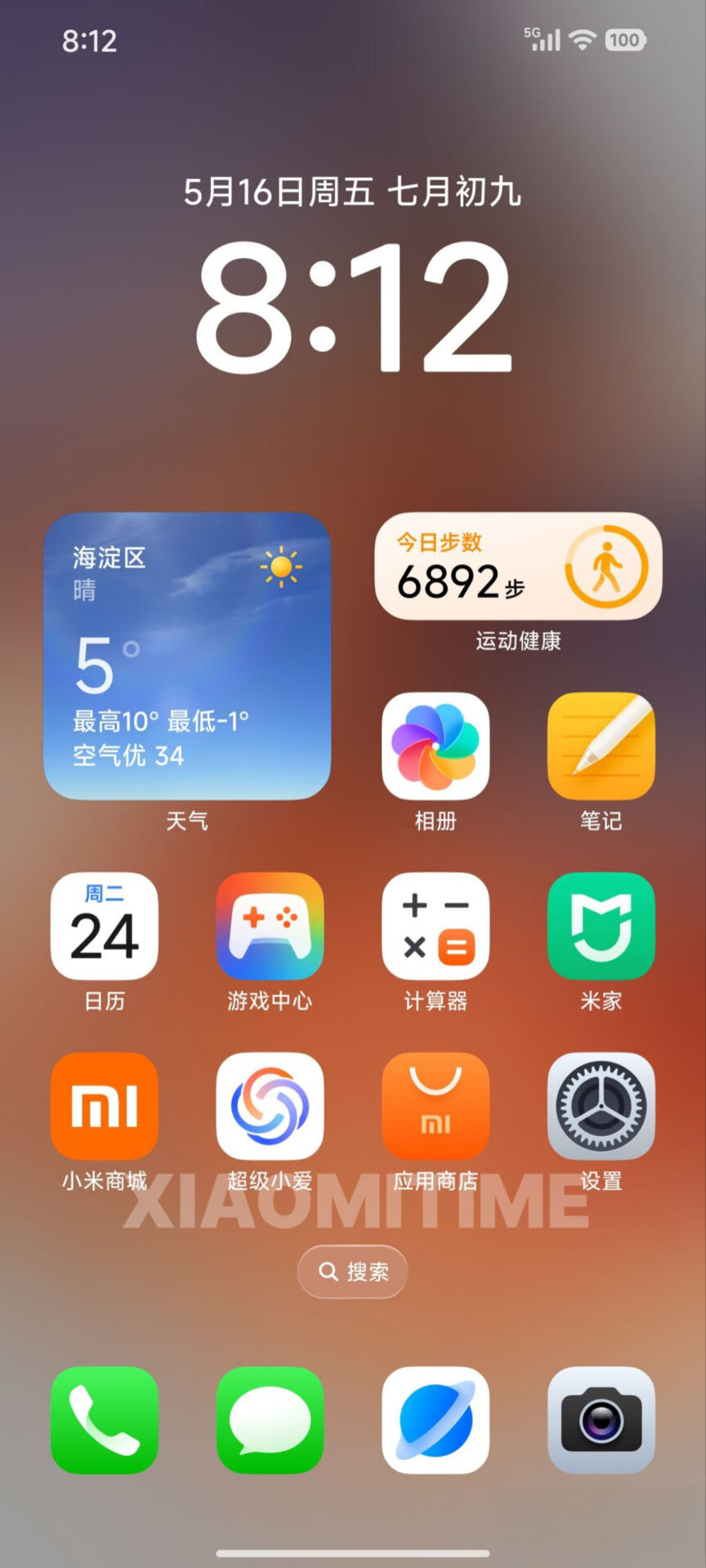
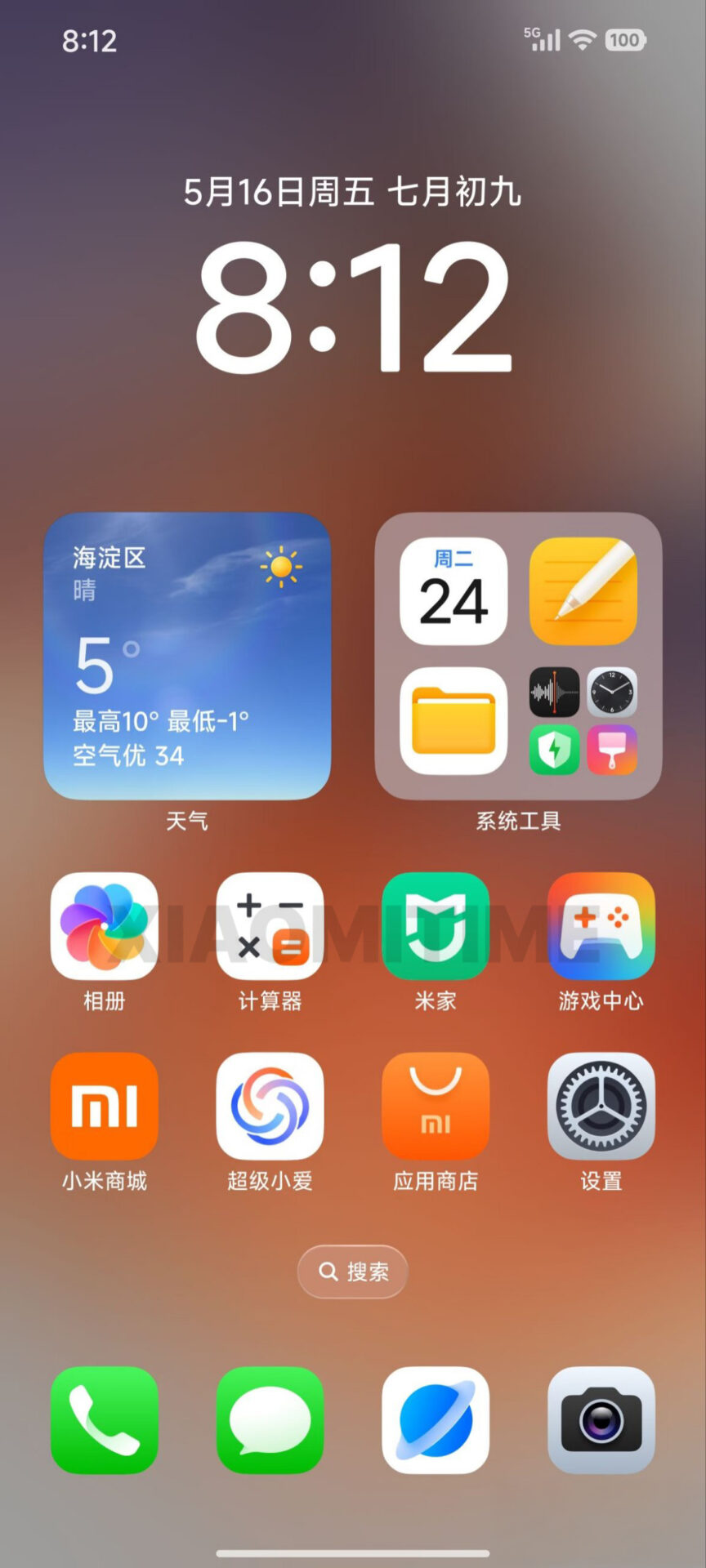
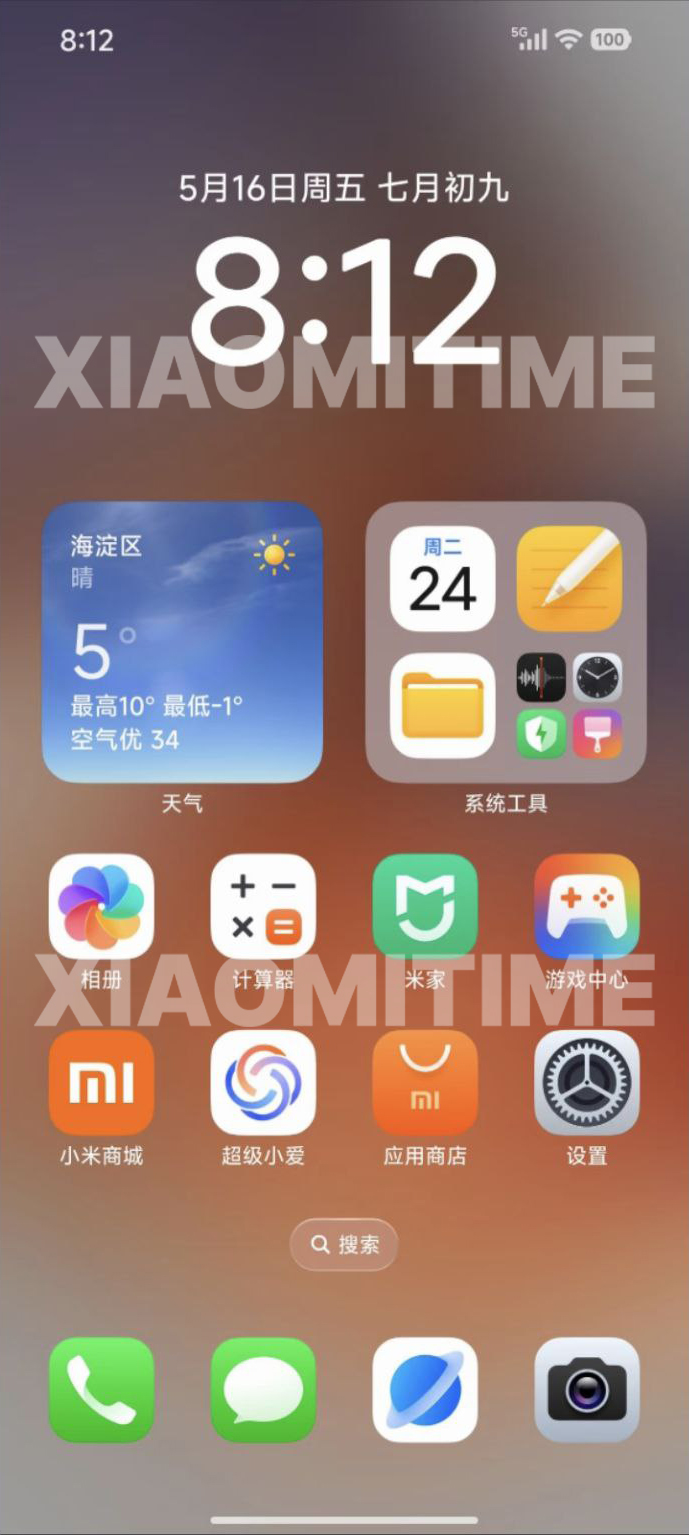
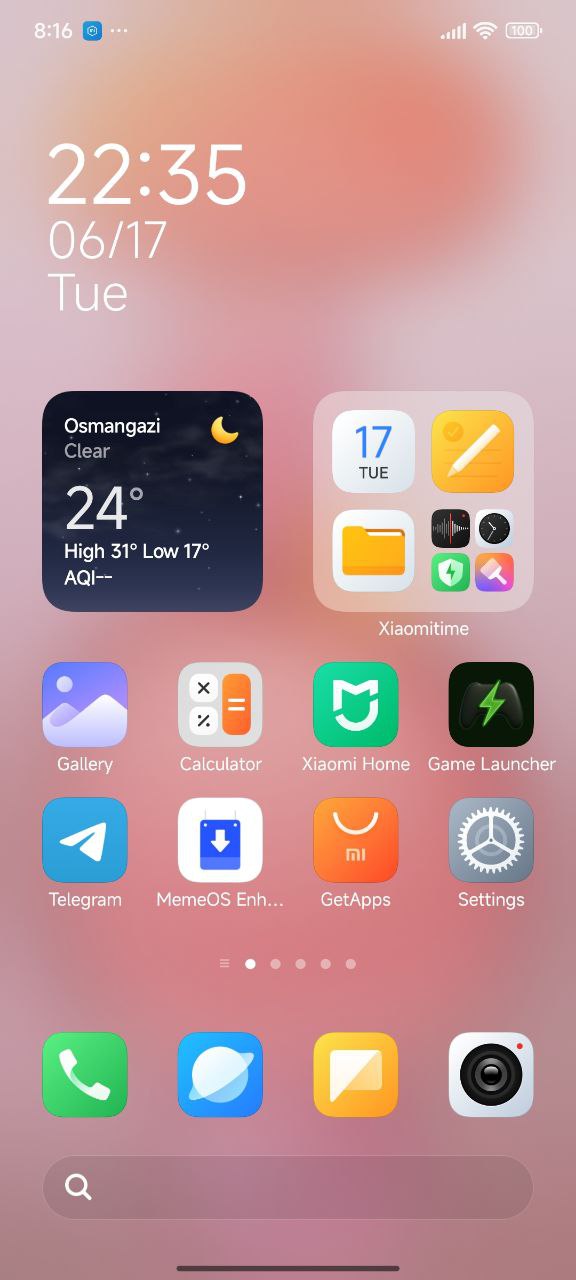
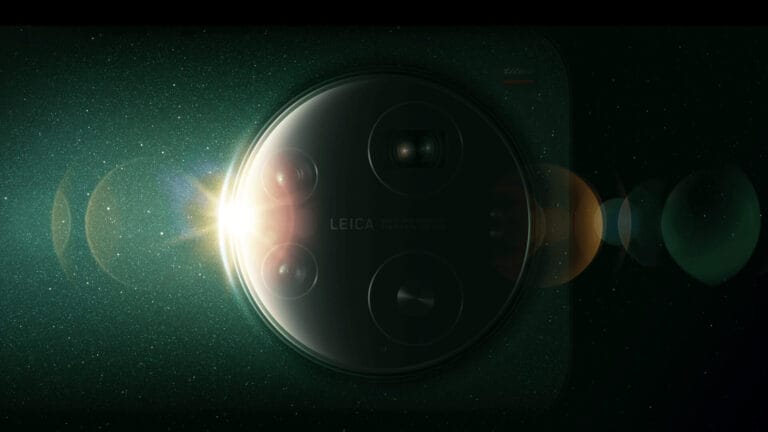
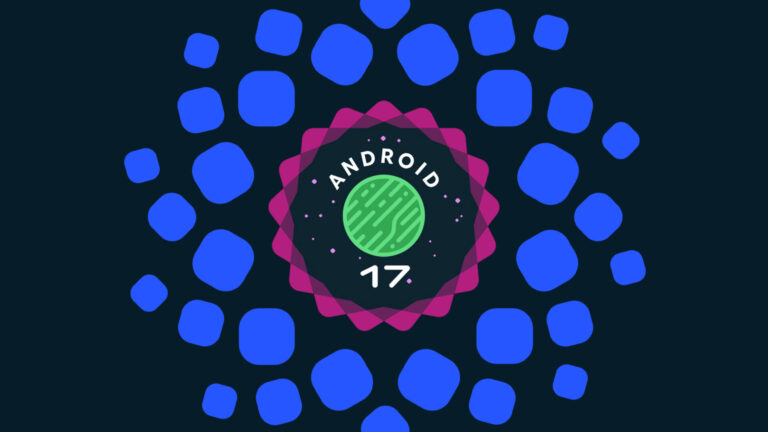
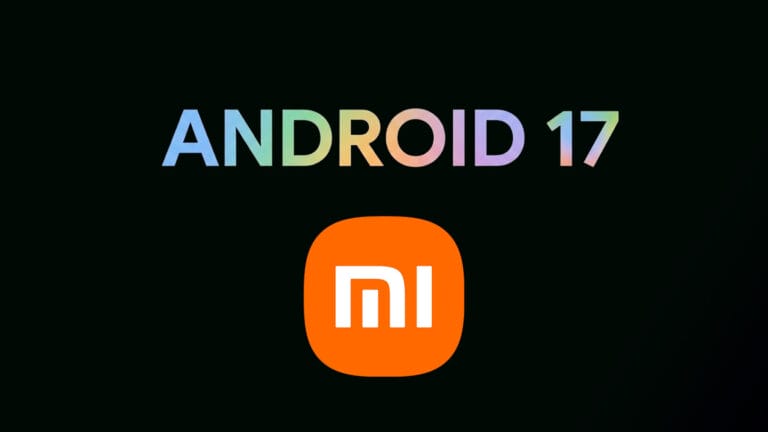
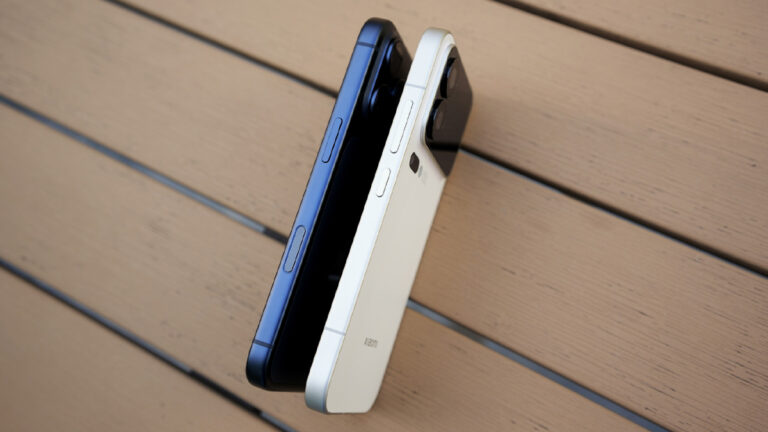
October 2024?)
Hello. I want to know if Android 16 will come to the Redmi Note 13 Pro 4G version?
Hello. I want to know if Redmi Note 13 pro 4G will come with Android 16?
please add new control center for budget phones like redmi 14c Or else update that bad system control center
haizzz see for own fun only. global rom is like sheettt. wont happen for global rom
My god. Change the font and these mobile news outlets start gushing. Because that’s all I see here, a different font.
There hasn’t been a search bar on the home screen since HyperOS launched, putting the option of having it there using the Google search bar widget. The battery indicator can be made to look like that on existing models, and the “glass elements” is just a blurred wallpaper, which can aslo be used on HyperOS 2.
In fact, the UI is so infinatly customisable on android, no one really cares. Come back with news about greater battery efficiency and a lighter, faster, system, and we will actually care.
is Xiaomi 11 ultra get hyperOS 3 and Android 15????
what hyper os 3 update in redmi 13c 4g
hyper os mi 10i
i don’t see differences
All Redmi Note 13 Series will have at least Android 16.
Apple Do, Xiaomi follow.
please add new control center for budget phones like Poco M6 5g Or else update that bad system control center.
No matter how cool they make it look, the real welcome HyperOS has waiting for you is a flurry of unskippable (for several seconds) ads every time you try to change settings or use system aps. It is like having a virus shipping with the phone. Worst new phone experience ever. Is this changed in version 3? Have they made it easier or harder to eliminate the ads?